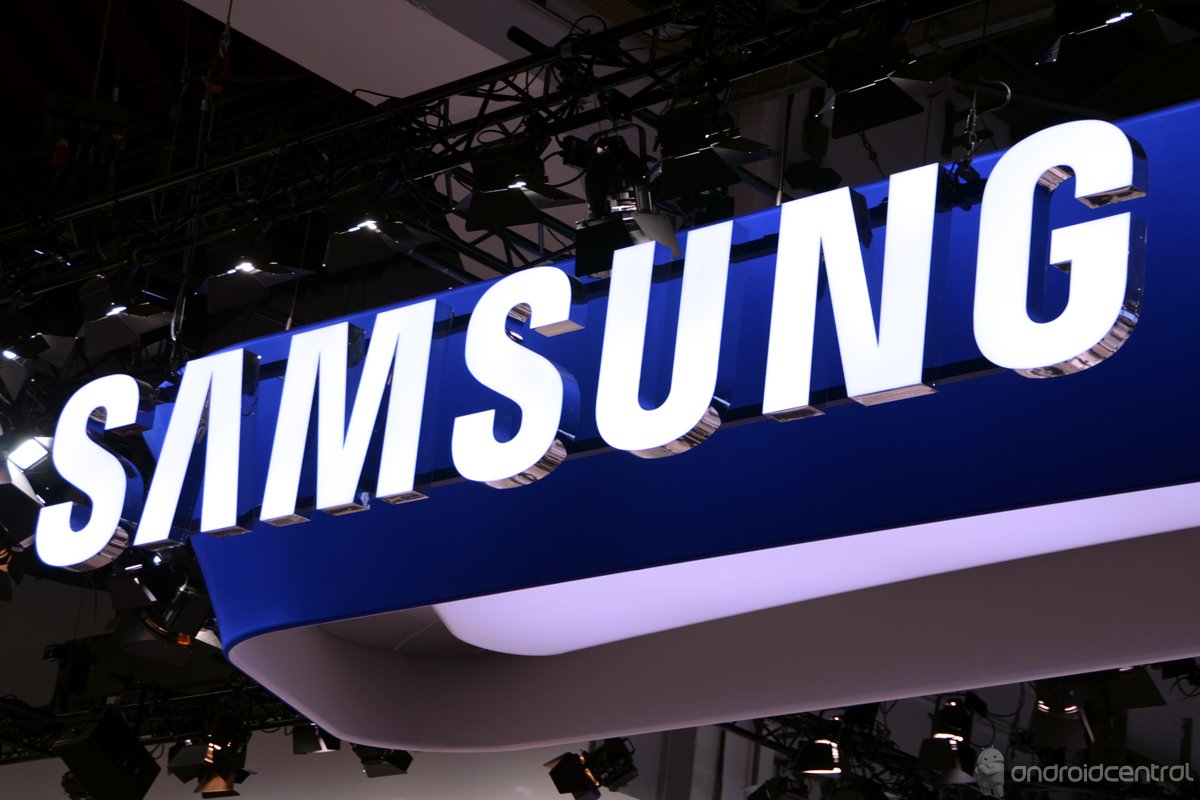Samsung wants to hit zero carbon emissions by 2050 with $5B in investments
The South Korean tech giant has uncovered its latest environmental strategy.

What you need to know
- Samsung has announced a new environmental strategy.
- The company aims to reach net zero carbon emissions by 2050.
- For its consumer electronics division, Samsung aims to hit its zero-carbon target by 2030.
Samsung is investing KRW 7 trillion, or around $5 billion, in a new environmental strategy meant to turn its chips and electronic product manufacturing into an eco-friendly process and reach net zero carbon emissions by 2050.
The company's blueprint to achieve its environmental goal includes making energy-efficient products, developing innovative technologies, and using clean air technology. However, Samsung intends to implement these changes in its Device eXperience (DX) division a bit earlier in order to achieve net zero carbon by 2030. DX is the company's consumer electronics division, which produces smartphones, televisions, and other electronic devices.
Samsung has already taken baby steps in that direction. For example, the company used repurposed ocean-bound plastics as a raw material for many of the best Samsung phones, including the Samsung Galaxy S22 series. Its Galaxy Z Fold 4, Z Flip 4, and Buds 2 Pro were also made using repurposed fishing nets. These materials will be used across the company's entire product line in the future.
Samsung notes that its DX division accounted for 17 million tons of carbon dioxide-equivalent emissions last year.
“The climate crisis is one of the greatest challenges of our time. The consequences of inaction are unimaginable and require the contribution of every one of us, including businesses and governments,” Jong-Hee Han, vice chairman and CEO of Samsung Electronics, said in a statement. “Samsung is responding to the threats of climate change with a comprehensive plan that includes reducing emissions, new sustainability practices and the development of innovative technologies and products that are better for our planet."
Samsung has clearly set a lofty goal of zero carbon emissions. As part of that effort, the South Korean tech giant will employ technologies designed to eliminate greenhouse gases and reduce gas byproducts from its chip manufacturing process.
The company also plans to install treatment facilities at its chip-production plants, as well as use carbon capture technologies to convert carbon emissions from its semiconductor plants into a viable source of energy.
Be an expert in 5 minutes
Get the latest news from Android Central, your trusted companion in the world of Android
Other chipmaking giants previously unveiled the same plans. Intel, for one, has vowed to reach net-zero greenhouse gas emissions by 2040, whereas AMD only plans to reduce its operational carbon emissions by half by 2030.
While it may take longer for Samsung to be net zero, it plans to match the electric power requirements of all markets it operates outside of Korea with renewable energy within five years. The company will pull it off by joining the RE100 initiative, through which it will enter into power purchase agreements.
Samsung has already matched electric power needs in the U.S., China, and Europe with renewable energy. The next step is to expand power purchase agreements for renewable energy in those markets.

Jay Bonggolto always keeps a nose for news. He has been writing about consumer tech and apps for as long as he can remember, and he has used a variety of Android phones since falling in love with Jelly Bean. Send him a direct message via Twitter or LinkedIn.
